Can We Teach Computers How To Smell?

Can we teach computers how to smell?
Researchers from IBM and Rockefeller University are trying to sniff out the answer. Smell may be the least understood of the five senses, so the team trained software to identify scents in order to learn more about how our brains perceive them. Their results prove for the first time that a scent can be predicted based on its molecular structure. Ultimately, as their database of scents grows, the predictions will become even more on the nose.
Learn how they did it →
More Posts from Karlfelersii and Others
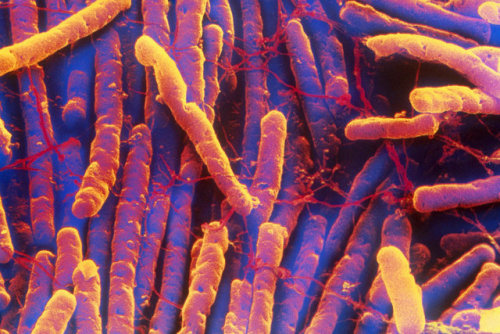
Go hygiene!
C. Diff Infections Are Falling, Thanks To Better Cleaning And Fewer Antibiotics
The risk of getting a deadly, treatment-resistant infection in a hospital or nursing home is dropping for the first time in decades, thanks to new guidelines on antibiotic use and stricter cleaning standards in care facilities.
The rate of new Clostridium difficile or C. diff infections climbed year after year from 2000 to 2010, researchers found. But an early look at 2011-2014 data from the Centers for Disease Control and Prevention’s Emerging Infections Program suggests infection rates are improving.
“Preliminary analyses suggest a 9 to 15 percent decrease in health care [C. diff] incidence nationally,” says Dr. Alice Guh, a medical officer at the CDC. “It’s very encouraging, but there’s still a lot to do.”
C. diff infections, which rose for decades, are now falling, according to the CDC. David Phillips/Science Source

How to Study Effectively | Psych2Go


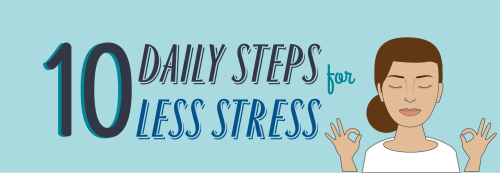
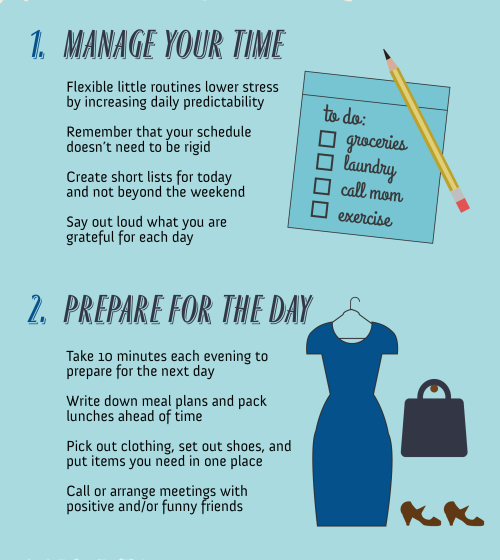
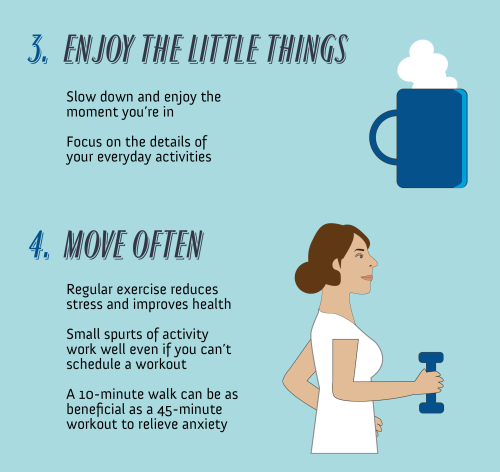
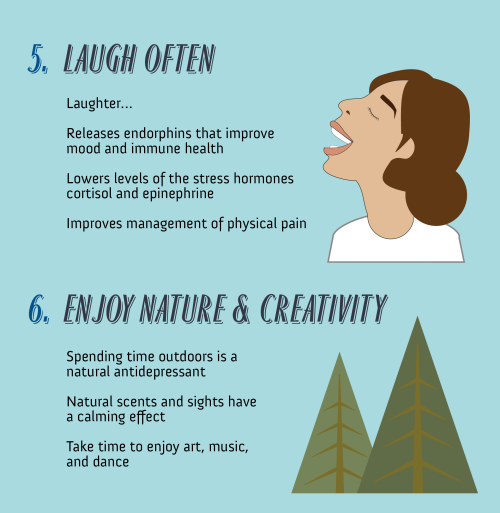
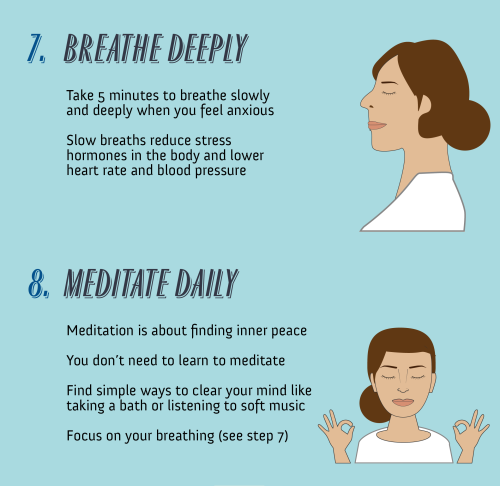
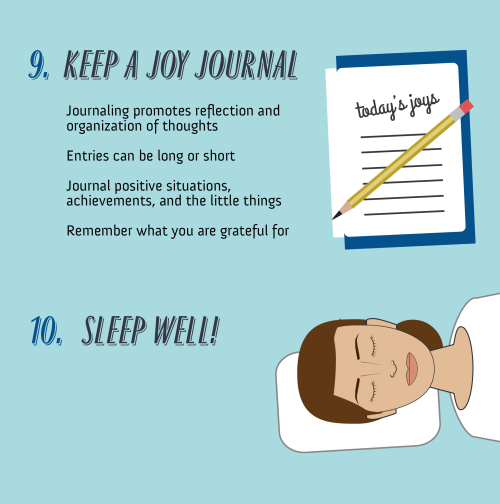
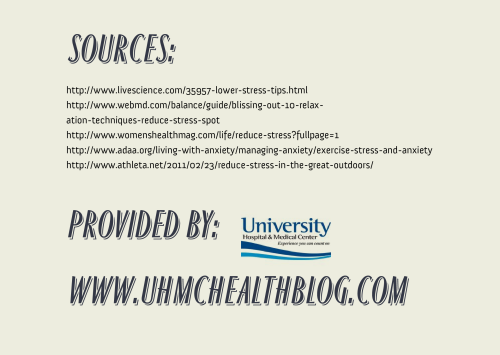
For more posts like these, go to @mypsychology
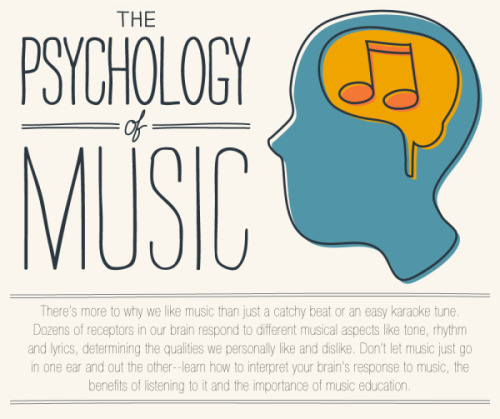
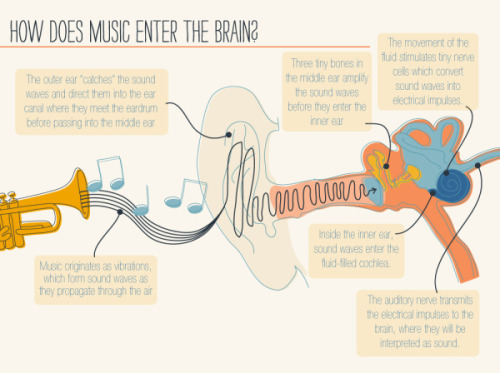
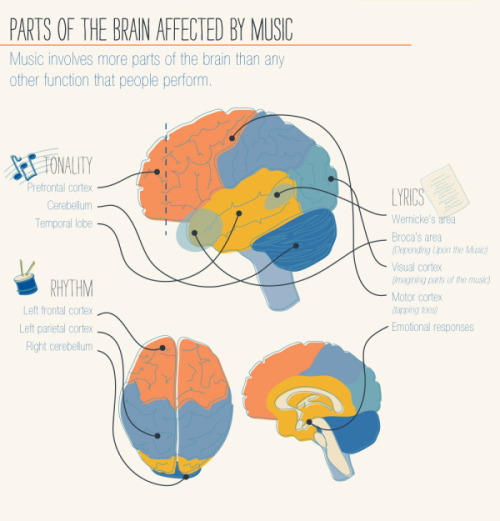
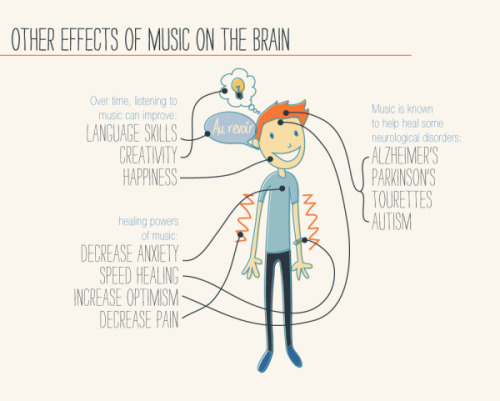
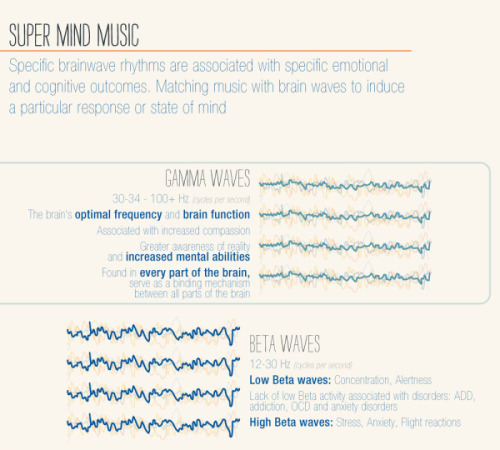
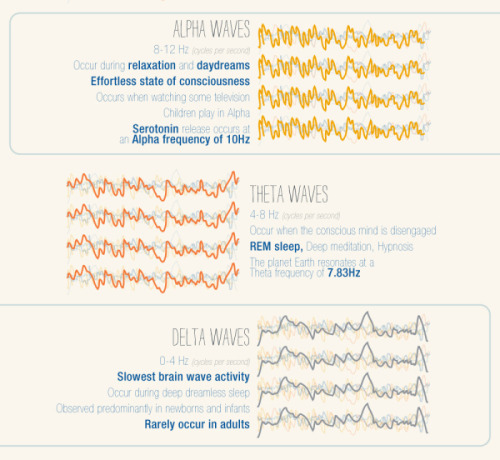
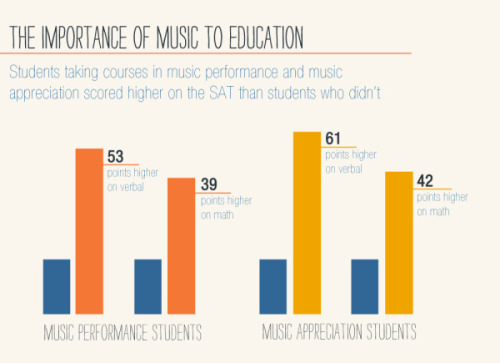
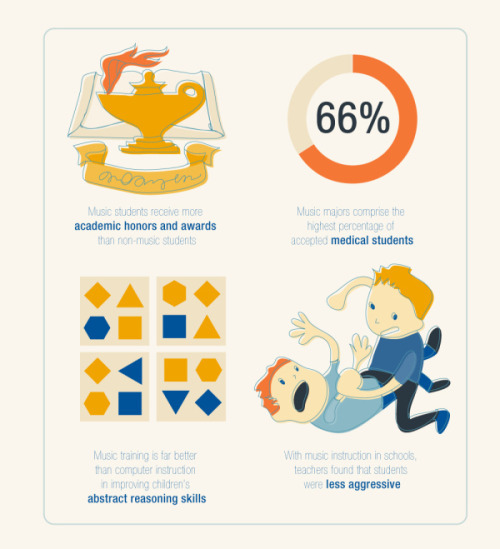
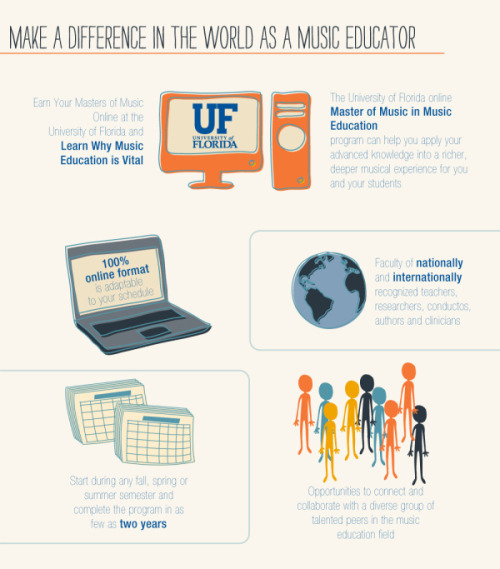

For more posts like these, go to @mypsychology
The French Netflix uploaded this on twitter…….
This is devastating

Half of the Great Barrier Reef is either dead or dying, and 93% of it is now bleached. Coral bleaches when it’s highly stressed due to pollution, overheating, or disease. If climate conditions do not change, most of the reef will probably disappear. Source Source 2 Source 3

All of that coral is dead. And all of this coral…





…is bleached.

Why You Think You Are Not Good Enough AND How to Fix it
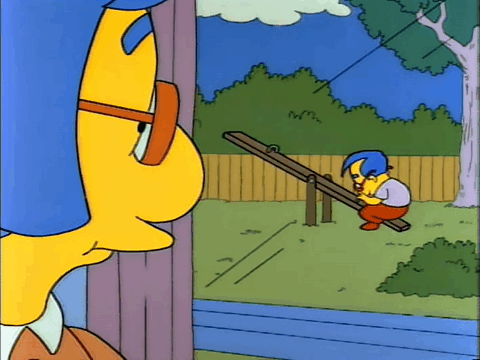
“If I asked you to name all the things you love, how long would it take to name yourself.” – Anon
There is no shortage of reasons why we sometimes feel like we flat out aren’t good enough. Maybe it’s low grades in school, or we think we are too thin, or too fat, or too young. Maybe our partner makes us feel inadequate, or our parents seem to believe we can’t do anything right.
Sometimes we do it to ourselves. We compare our home, or clothes, or cars to where someone else lives, or to what they wear, or to what they drive. If we believe their things are better than ours, then we tell ourselves we are less of a person.
Society doesn’t help us believe that we are unique, or that being unique is seriously “good enough.” There is constant pressure to be the best team, the best student, the best assistant, the best employee. We compare ourselves to models in magazines and hold ourselves to a certain standard of perfection that is as unrealistic as it is attainable.
It isn’t a Feeling. It’s a Thought.
When you don’t feel “good enough” it’s often because you are telling yourself you’re stupid, or ugly, or incapable. The thoughts you use to describe yourself make you unhappy. These thoughts make you feel depressed and worthless. According to Ali Miller, MFT, this is an important distinction. She believes that…
CONTINUE READING HERE
-
 tuurke liked this · 4 years ago
tuurke liked this · 4 years ago -
 tearytory liked this · 4 years ago
tearytory liked this · 4 years ago -
 interstellar-taco liked this · 4 years ago
interstellar-taco liked this · 4 years ago -
 prismetric-technologies liked this · 4 years ago
prismetric-technologies liked this · 4 years ago -
 ajlinks liked this · 4 years ago
ajlinks liked this · 4 years ago -
 howtolearnai-blog reblogged this · 4 years ago
howtolearnai-blog reblogged this · 4 years ago -
 ailurushitposting liked this · 5 years ago
ailurushitposting liked this · 5 years ago -
 late-bloom3r liked this · 5 years ago
late-bloom3r liked this · 5 years ago -
 andre4-fs liked this · 5 years ago
andre4-fs liked this · 5 years ago -
 ela971 liked this · 5 years ago
ela971 liked this · 5 years ago -
 itrecruitmenttips reblogged this · 5 years ago
itrecruitmenttips reblogged this · 5 years ago -
 pilotmooser liked this · 5 years ago
pilotmooser liked this · 5 years ago -
 wackydoodle21 liked this · 5 years ago
wackydoodle21 liked this · 5 years ago -
 rubish235 liked this · 5 years ago
rubish235 liked this · 5 years ago -
 liiaka liked this · 5 years ago
liiaka liked this · 5 years ago -
 anastomosis liked this · 5 years ago
anastomosis liked this · 5 years ago -
 optimisticrebeltale reblogged this · 5 years ago
optimisticrebeltale reblogged this · 5 years ago -
 optimisticrebeltale liked this · 5 years ago
optimisticrebeltale liked this · 5 years ago -
 ajr-nmix-blog reblogged this · 5 years ago
ajr-nmix-blog reblogged this · 5 years ago -
 lillyghardin reblogged this · 5 years ago
lillyghardin reblogged this · 5 years ago -
 newmediaxander reblogged this · 5 years ago
newmediaxander reblogged this · 5 years ago -
 smellblr reblogged this · 5 years ago
smellblr reblogged this · 5 years ago -
 newwwwmedia-blog reblogged this · 5 years ago
newwwwmedia-blog reblogged this · 5 years ago -
 caroline41999-blog reblogged this · 5 years ago
caroline41999-blog reblogged this · 5 years ago -
 havanadelgay liked this · 5 years ago
havanadelgay liked this · 5 years ago -
 march-sunflower liked this · 5 years ago
march-sunflower liked this · 5 years ago -
 smokedhacks reblogged this · 5 years ago
smokedhacks reblogged this · 5 years ago -
 pistonjunky1-blog liked this · 5 years ago
pistonjunky1-blog liked this · 5 years ago -
 kleeselectronicsdepot reblogged this · 5 years ago
kleeselectronicsdepot reblogged this · 5 years ago -
 kleeselectronicsdepot liked this · 5 years ago
kleeselectronicsdepot liked this · 5 years ago -
 onepulseatatime liked this · 5 years ago
onepulseatatime liked this · 5 years ago -
 dreamsofparagraphs liked this · 5 years ago
dreamsofparagraphs liked this · 5 years ago -
 nesavrseno liked this · 5 years ago
nesavrseno liked this · 5 years ago -
 willgonzy liked this · 5 years ago
willgonzy liked this · 5 years ago -
 sherlocktribbiani reblogged this · 5 years ago
sherlocktribbiani reblogged this · 5 years ago -
 sherlocktribbiani liked this · 5 years ago
sherlocktribbiani liked this · 5 years ago -
 freshbearponyhorse liked this · 5 years ago
freshbearponyhorse liked this · 5 years ago -
 designerstraightjackets reblogged this · 5 years ago
designerstraightjackets reblogged this · 5 years ago -
 designerstraightjackets liked this · 5 years ago
designerstraightjackets liked this · 5 years ago -
 solepereyra78 liked this · 5 years ago
solepereyra78 liked this · 5 years ago
